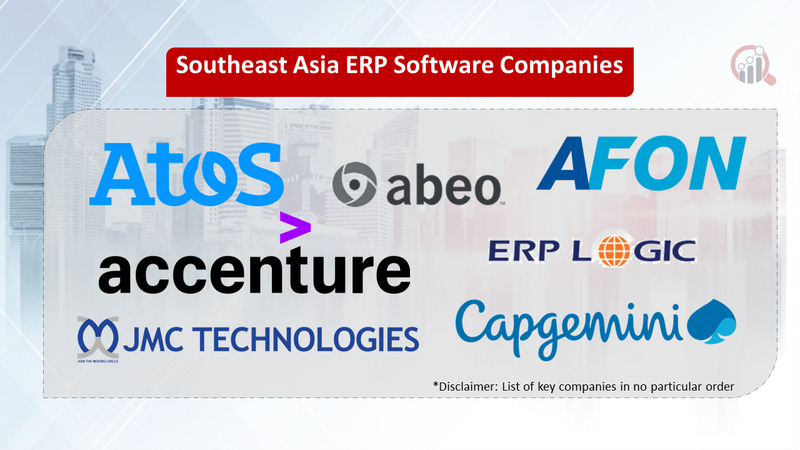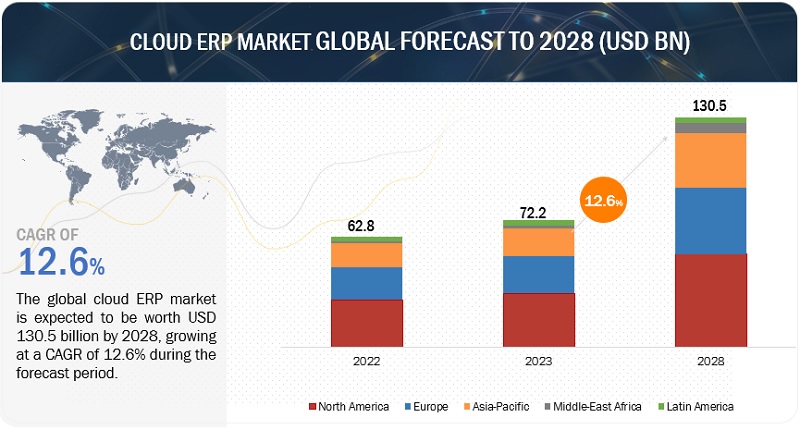In the fast-paced and ever-changing business environment of Southeast Asia, staying ahead of the competition requires innovative solutions that can adapt to new challenges. One such innovation that is rapidly gaining traction is cloud-based data solutions. These platforms are redefining how businesses manage and utilize their data, offering unprecedented flexibility, security, and cost savings. By leveraging the power of the cloud, companies of all sizes are finding new ways to enhance efficiency, streamline operations, and drive growth in a competitive market.

The Evolution of Cloud-Based Data Solutions
Understanding the significance of cloud-based data solutions begins with recognizing their role in the broader context of business technology. Traditionally, data was stored and managed on physical servers located within a company’s premises. However, the rise of cloud computing has revolutionized this approach, allowing businesses to store their data on remote servers that can be accessed from anywhere with an internet connection. This shift to cloud-based solutions is especially beneficial in Southeast Asia, where businesses are increasingly looking for ways to improve efficiency and reduce costs.

Key Benefits of Cloud-Based Data Solutions
- Cost Efficiency: One of the most compelling reasons for adopting cloud-based data solutions is the potential for significant cost savings. Unlike traditional on-premise systems, which require substantial investment in hardware and infrastructure, cloud solutions operate on a subscription basis. This eliminates the need for high upfront costs and reduces ongoing maintenance expenses, making it an ideal option for businesses in Southeast Asia looking to optimize their budgets.
- Scalability and Flexibility: As businesses in Southeast Asia continue to grow and evolve, so too do their data management needs. Cloud-based solutions provide the flexibility to scale resources up or down as needed, ensuring that companies can respond quickly to changes in demand without incurring unnecessary costs. This scalability is particularly advantageous for small and medium-sized enterprises (SMEs) that need to remain agile in a dynamic market.
- Remote Accessibility: In a region as diverse as Southeast Asia, where businesses often operate across multiple locations and time zones, the ability to access data remotely is crucial. Cloud-based solutions offer secure, anytime access to critical business data, enabling employees to work efficiently from any location. This remote accessibility supports a more flexible work environment and enhances collaboration across teams.
- Advanced Security Measures: Data security is a top priority for businesses, especially when dealing with sensitive information. Cloud-based solutions come equipped with robust security protocols, including encryption, multi-factor authentication, and regular backups, to protect against data breaches and loss. These advanced security features provide peace of mind for businesses in Southeast Asia, ensuring that their data is safe and secure.
- Operational Streamlining: Cloud-based data solutions also contribute to improved operational efficiency by centralizing data management. With all data stored in one place, businesses can reduce redundancies, automate routine tasks, and enhance collaboration among departments. This leads to faster decision-making and a more streamlined workflow, ultimately driving better business outcomes.
 Core Features of Cloud-Based Data Solutions
Core Features of Cloud-Based Data Solutions
While the specific features of cloud-based data solutions may vary by provider, some common elements include:
- Unified Data Storage: Centralized cloud storage ensures that all business data is easily accessible and securely maintained, reducing the risk of data loss.
- Real-Time Analytics: These solutions offer powerful real-time analytics tools, allowing businesses to quickly process and interpret data, leading to more informed decision-making.
- Mobile Accessibility: With mobile-friendly platforms, employees can access critical data and perform tasks from their smartphones or tablets, promoting flexibility and productivity on the go.
- Seamless Integration: Cloud-based solutions can integrate smoothly with other business systems, such as CRM or inventory management software, creating a cohesive data ecosystem.
- User-Centric Design: Designed with the end-user in mind, these solutions feature intuitive interfaces that make it easy for employees to learn and navigate the system, minimizing training time and maximizing efficiency.


